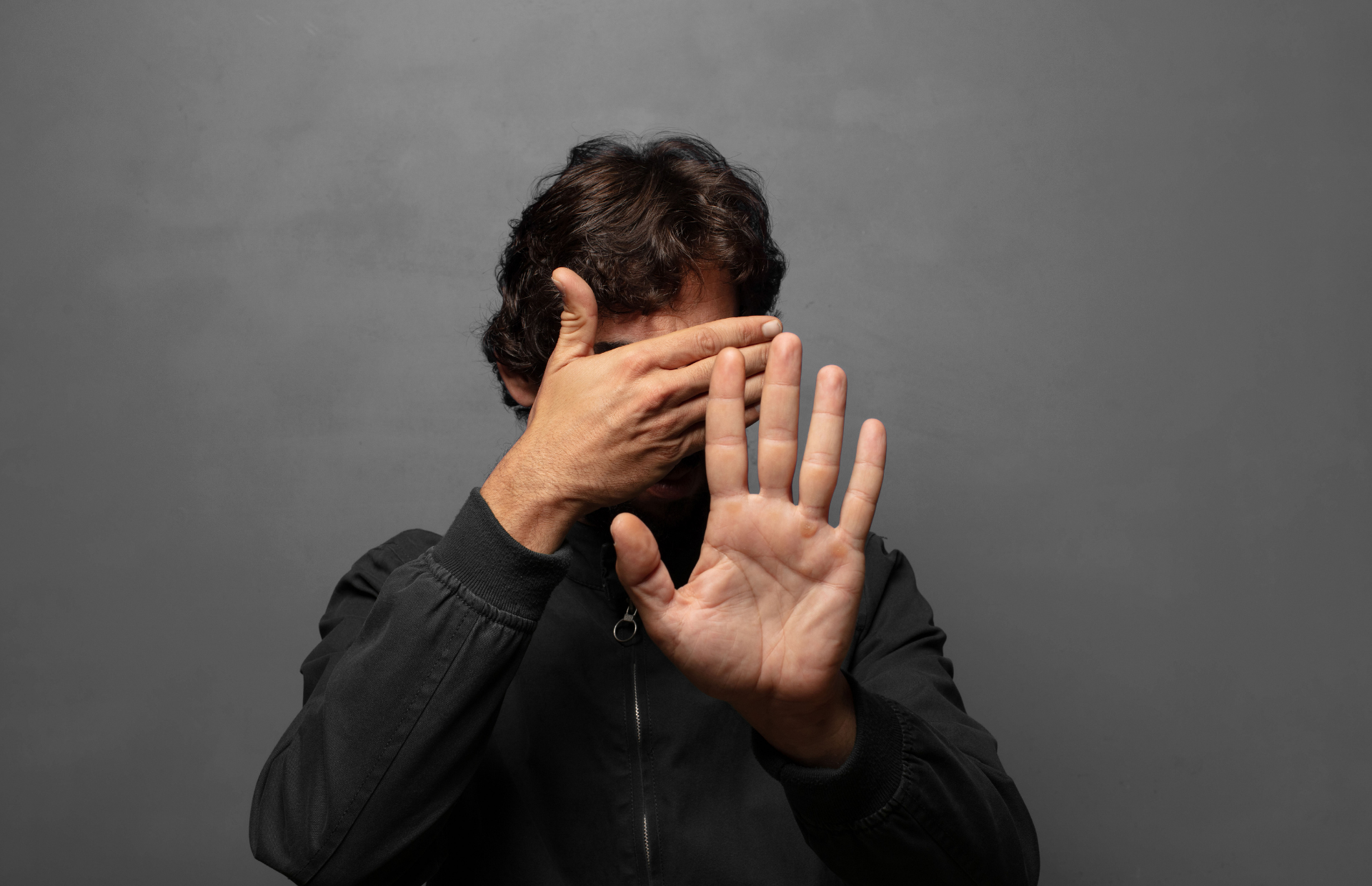Relapse and COVID-19: How Those With Substance Abuse Disorders Can Cope
The COVID-19 pandemic has turned life in America on its head. Millions have made unemployment filings and much of America’s workforce is now working from home. Social distancing guidelines and shelter in place orders across individual states have a huge number of Americans cooped up in their homes with little interaction with friends, family, or the outside world. The situation is unprecedented and for many, it can be a lonely, depressing experience.
This social isolation due to COVID-19 has far-reaching implications that might not, at first, be apparent. There is an entire group of vulnerable people who have flown largely under the radar: those managing substance abuse disorders.
This is a Public Health Issue
Even before the COVID-19 pandemic began tearing through the population, America was already dealing with another deadly epidemic that has been equally hard to curb: substance abuse and addiction. As if the struggle of overcoming addiction wasn’t hard enough, the COVID-19 pandemic has compounded the issue by cutting off vital resources like treatment facilities and social support systems for those battling addiction. Forced isolation, while necessary when trying to flatten the curve of COVID-19, increases the chances of addiction, relapse, and overdose as anxiety is a huge trigger for those struggling with drug abuse.
Binge drinking, illegal drug use, and misuse of prescription medications were already public health crises, but social isolation has made the situation far worse. Feelings of loneliness, depression, and anxiety can all drive someone in recovery towards relapse and it is imperative that the situation is taken seriously as there are millions of Americans who are in a far more precarious situation than they let on.
For those who find everything to be far too much to handle and end up relapsing, it is incredibly important that they follow guidelines for safe drug use during COVID-19 so as to stymy the spread of infection as much as is possible considering the situation and avoid the possibility of overdosing. While ideally, people struggling with dependency and substance abuse disorders would be able to find the help they need in time, it is likely that many will experience a relapse in the coming weeks. If this does occur, it is vital that precautions be taken to prevent a bad situation from turning worse.
Share this post
Managing it Alone
Overcoming addiction is a huge struggle, especially for those without support systems in place or access to treatment facilities. First, one must confront the fact that they have a problem with substance abuse and decide unequivocally to change for the better. After this step, cutting ties with unhealthy people that enable or engage in addiction is necessary, and while social isolation does make this step easier, social distancing also makes it incredibly difficult to find a positive support group as a replacement. Fortunately, there are plenty of online resources to find active support groups, and while it may not be the ideal situation it can help immensely when fighting an impending relapse.
When it comes to the actual quitting itself, one should follow the three rocks of health that are helpful not only in battling substance abuse but becoming healthy in any manner. They are as follows:
- Consistency: the ability to actually follow through with a plan for recovery with patience.
- Effort: understanding that the road to recovery will be difficult and that it will require an immense level of effort.
- Adaptability: knowing that even though situations might change, one must adapt and overcome any obstacles in their path in order to actually recover from substance abuse disorders. Resilience is key, and even if someone should relapse it doesn’t mean that they are incapable of change.
Managing addiction alone can be incredibly frustrating, especially if someone feels like there is no one to turn to for help. People struggling with substance abuse disorders should take care to manage their frustration and anger during this precarious time as feelings of anger too can lead to a relapse.
Making the decision to address a substance abuse disorder requires setting clear, achievable goals and strategies to self-soothe in instances of high anxiety. Exercise routines, spending time with pets, or cooking healthy meals are all excellent ways to help manage substance cravings. While in-person support systems might not be viable, calling or texting a trusted loved one can also help to keep someone on the right track and headed towards recovery.
Research-based, personalized therapy.
At My LA Therapy, our warm and experienced therapists specialize in anxiety, depression, trauma, & relationships.
Sometimes Treatment is the Only Option
The isolation brought on by COVID-19 doesn’t just make addiction recovery more difficult, it can also make recovery an incredibly dangerous ordeal. For those struggling with alcohol or opioid addiction, the withdrawal associated with these substances can be deadly, and if someone with a substance abuse disorder lives alone the likelihood that they will succumb to withdrawal is increased significantly.
Recovery therapy and treatment centers are some of the safest places to be when going through withdrawal symptoms. However, many addiction treatment centers are ill-prepared to continue operations as normal due to the new reality that the COVID-19 pandemic brought into the world. Many methadone dispensaries have implemented limited hours, meaning that those who rely on that medication as part of their road to recovery are forced to decide whether or not they should risk exposing themselves to the virus in order to wait in line for medication or go without.
Additionally, for those living in recovery facilities, the threat is even greater. Much like emergency rooms, correctional facilities, and homeless shelters, addiction treatment centers are likely to have a stream of new people coming in and out every day, often in close quarters. Compounding this danger is the fact that many struggling with substance abuse have kidney, heart, or liver disease, all of which are risk factors when it comes to contracting COVID-19. As a nation, we should recognize the terrible choice faced by many fighting addictions: seek treatment and put themselves at greater risk, or continue on their own at home facing an increased risk of relapse or even succumbing to withdrawal.
Despite the situation facing America right now, there is a light at the end of the tunnel. Recovery from substance abuse is not impossible, and for those looking to turn their lives around it is still possible to avoid relapse and continue their battle. Things will undoubtedly be more difficult, but for those on the road to recovery, there are always online resources that they can turn to in their hour of need that can help them manage their substance abuse disorders




